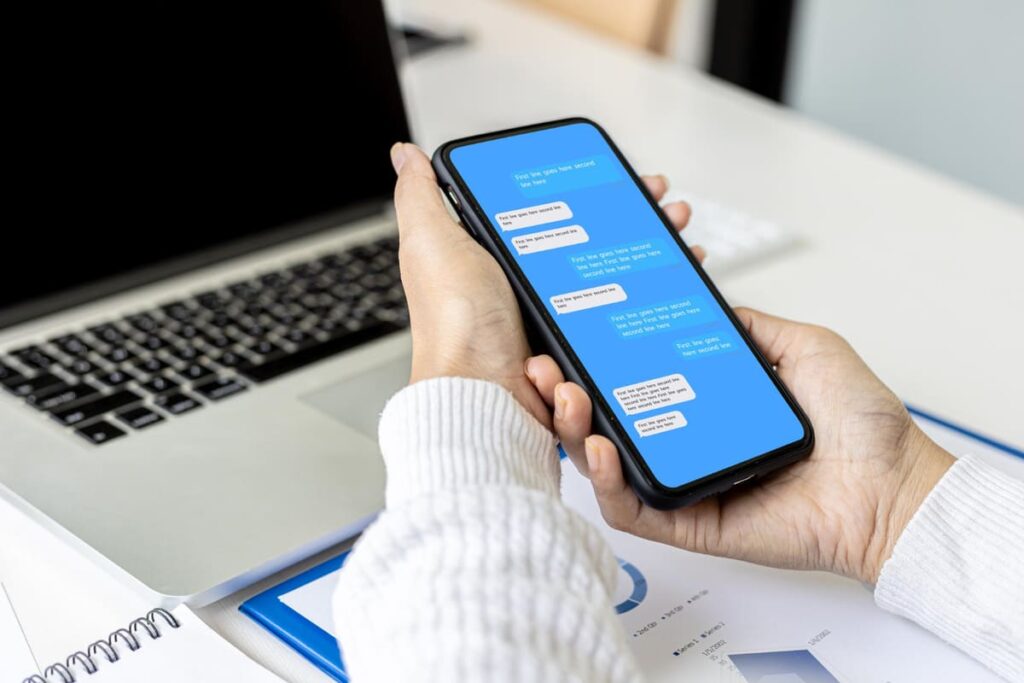10 New Etiquette Rules That Feel Absurd but Are Surprisingly Common
Ever notice how the unwritten rules of daily life keep changing? Sometimes, the things people expect from us now can feel totally upside down compared to just a few years ago.
Some of these new habits seem strange at first, but they’re everywhere. You might not even realize you’re following them.
Muting yourself automatically on virtual calls

Joining a virtual call these days often starts with hitting mute. This helps keep background noise from taking over the conversation.
Many platforms even mute you by default now. It’s easy to forget to unmute when you want to talk, but people appreciate meetings that are free from distractions.
If you do need to speak, unmute quickly and clearly. Others expect silence until it’s your turn, so this small habit really helps.
Declining to respond to work emails after hours

Work doesn’t have to follow you home. Not answering emails after hours is more accepted now.
Setting limits on your availability protects your personal time. Letting coworkers know your typical response times can help set expectations.
Using features like “delay send” keeps you from pressuring others to reply outside their workday. Everyone needs a break to avoid burnout and come back refreshed.
Using headphones to tune out conversations in public

Headphones are a lifesaver when you want to tune out the world. Whether you’re on a crowded bus or just need a little peace, they help you carve out your own space.
But sometimes, wearing headphones can make you seem distant or unfriendly. It’s easy for others to think you’re ignoring them, even if you just need a moment alone.
If someone tries to talk to you, it’s good manners to take off your headphones and listen. Using headphones is fine, but being open to others matters too.

It’s become polite to put your phone away when you’re spending time with people. Turning off notifications helps you stay present.
You don’t have to ignore your phone completely. Stepping away during breaks to check messages shows you care about the people you’re with.
Turning off devices sets a boundary and helps you connect better. It’s a simple way to show respect for face-to-face time.
Texting “Thanks for the invite” instead of calling

A quick text has replaced the phone call for saying thanks after getting invited somewhere. It’s fast, easy, and doesn’t interrupt anyone’s day.
Some people still prefer a call for that personal touch, but texting is now the go-to for many. Just make sure your message is clear and timely so the host knows you appreciate it.
How you say thank you depends on your relationship and what feels right. Both ways work.
Respecting personal space by not sharing earbuds

Sharing earbuds might seem harmless, but it can feel like an invasion of space. Earbuds can also carry germs, so most people prefer using their own.
Even with close friends, it’s usually better to skip sharing. If you want to listen together, try using a splitter or playing music out loud.
Respecting personal space helps keep things comfortable for everyone.
Avoiding unsolicited video calls without warning

Starting a video call without warning can catch someone off guard. It’s better to send a message first and ask if it’s a good time.
Waiting for a response shows you respect the other person’s schedule. Giving a heads-up lets them get ready and join without stress.
A little notice helps keep virtual meetings comfortable and productive for everyone.
Sending GIFs and emojis in professional chats

Using GIFs and emojis at work can be fun, but not everyone is a fan. Some see them as playful, while others think they’re unprofessional.
Think about who you’re messaging before adding a smiley or GIF. With close teammates, a little personality can be nice, but it’s best to keep things straightforward in formal chats.
Simple emojis are usually safe. Too many or confusing ones can send the wrong message.
Not responding immediately to every message

It’s normal not to reply to every message right away. Life gets busy, and people understand that.
Taking your time with responses can make conversations feel more relaxed. It also helps you set boundaries and avoid feeling pressured.
If someone expects instant replies, it might be time to talk about your texting pace. It’s okay to protect your own time.
Preferring voice notes over phone calls

Have you noticed how often friends send voice notes these days instead of calling? It can be a relief not to be put on the spot for an immediate reply.
You get to listen when it fits your schedule and answer when you’re ready. This can make conversations feel more relaxed.
Voice notes are handy when you’re caught up with other things, like commuting or doing chores. You can share your thoughts without having to stop what you’re doing.
Sometimes they feel a bit odd, though. It’s not always easy to skim through a long voice note the way you can with a text.
You might also miss the quick back-and-forth of a live call. But for many, the freedom to respond on your own time is worth it.
It’s a way to keep things personal without the pressure of real-time conversation. If you haven’t tried it much yet, you might find yourself reaching for the record button more often.







